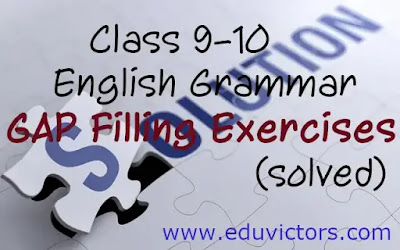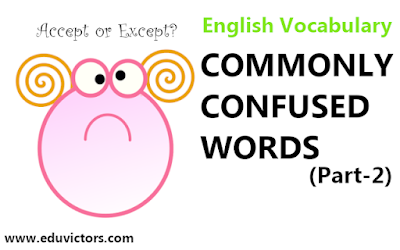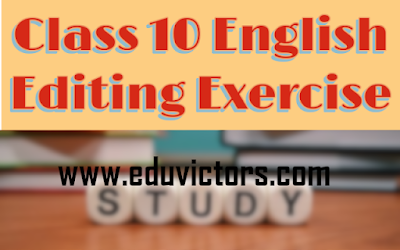English - Reading Comprehension
(Unseen Passage) (Set-14)
For CBSE Class 8 - 10
Reading comprehension is an ability to read content, comprehend its significance, and to incorporate with what the reader knows already.
The motivation behind reading is comprehension, that is, to be able to gather meaning from the passage text. Comprehension skills don't naturally evolve, it requires practice and one has to enhance word recognition and vocabulary skills. Students need to learn techniques to assist them with turning out to be dynamic reader who comprehend and understand the content very well.
Reading comprehension depends on the reader’s experience, knowledge of language and recognition of syntactic structure.
To solve reading comprehension, follow these steps:
Step 1: Read the entire passage at a moderate pace (not very slow not very fast)
Step 2: Try to identify main points and summarize the contents of each paragraph in your own words.
Step 3: Do some doodling on rough sheet i,e, create graphic organisers (webs, cause and effect charts, outlines)
Step 4: Try to map a story.
Step 5: For data or date related passages, do mental maths quickly.
Step 6: Don’t make conclusions which are not in the comprehension.
Step 7: Answer the questions by eliminating the wrong options.
Question 1: Read the passage given below and complete the statements that follow:
(1) Tourists to Jammu and Kashmir have another attraction – a floating post office on the Dal Lake in Srinagar, the first in the country. ‘Floating Post Office, Dal Lake’ – claimed to be the only one such post office in the world – is built on an intricately carved maroon houseboat, fastened on the western edge of the Dal Lake.



















